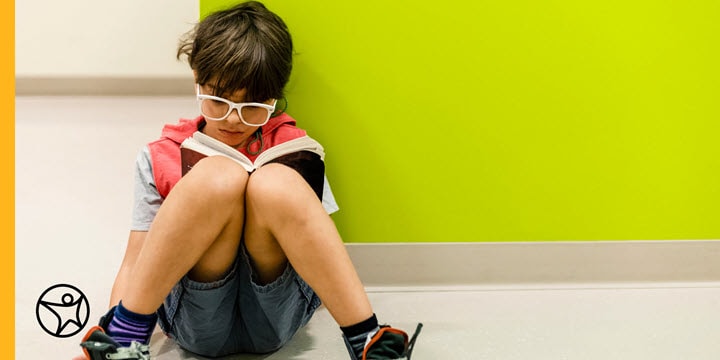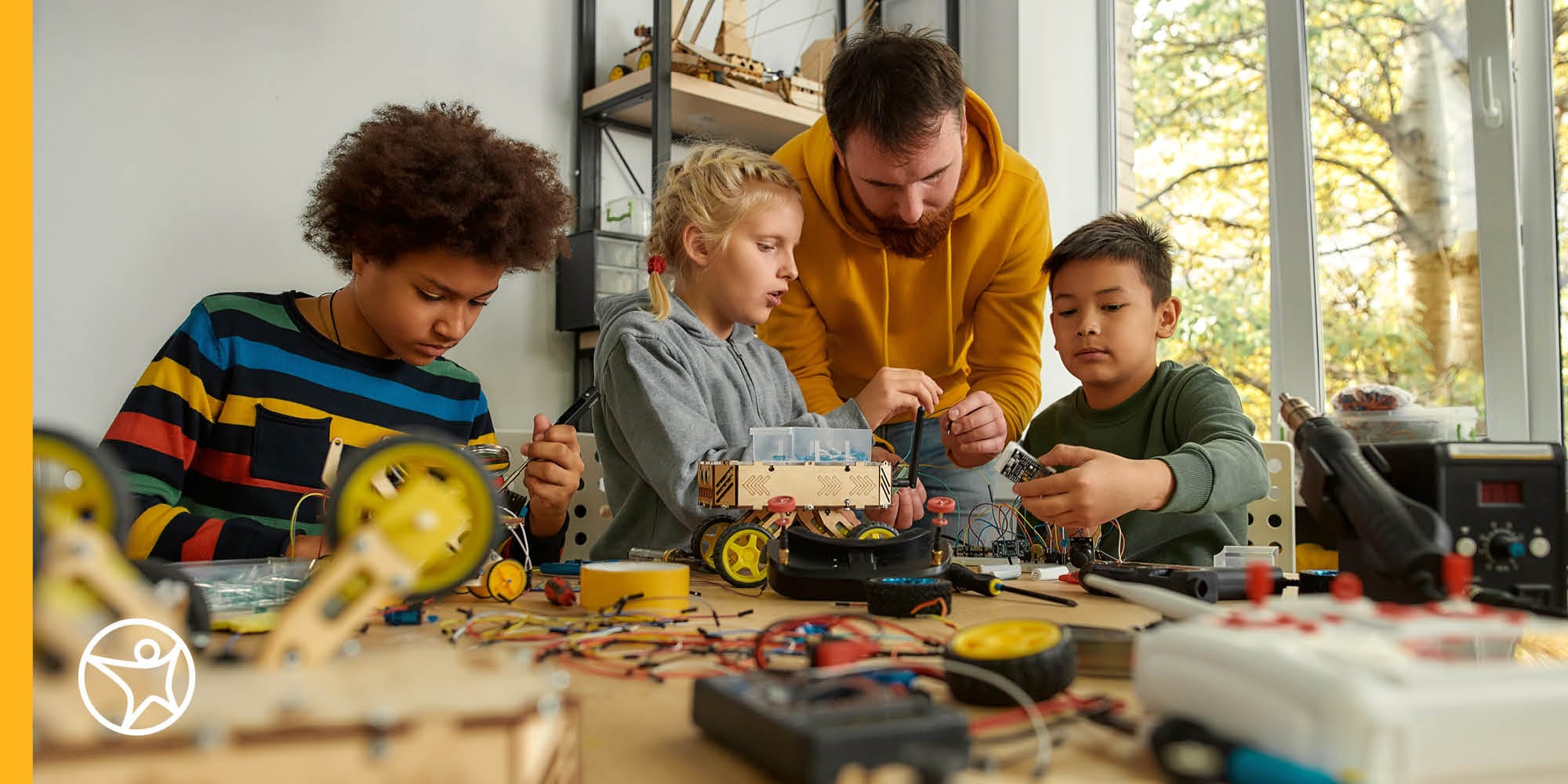Connections Academy Blog
Explore our free online blog with a wide variety of resources for parents, caretakers and students, including knowledge articles, interactive guides, activities, learning materials, and more!
The Online School Difference
Curriculum & Skills
Learning Coach Success
Learning Environment & Community
Connections Academy News Releases
By submitting this form, you consent to receive emails, autodialed marketing calls, and text messages from Connections Academy and other educational opportunities at the email address and phone number you provided and agree to our Terms of Use, Privacy Policy and acknowledge that you are at least 18 years of age. You may opt out of receiving these communications at any time. If you do not consent, contact us for more details.















